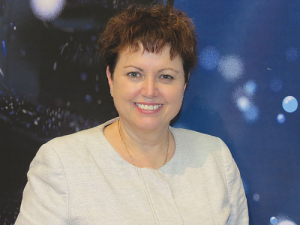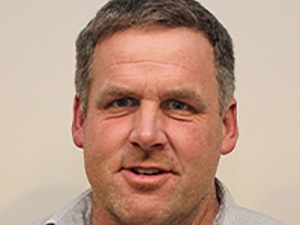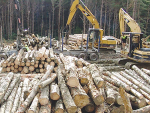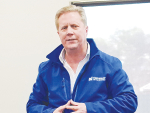New Zealand must get beyond seeing its agri sector as ‘gumboots in the mud’ and portray itself as a high value-food producer using innovative technologies.
That’s the view of Massey University vice-chancellor Jan Thomas. She says because NZ has limited agricultural land it must focus on high-quality dairy, meat and horticultural products.
The emphasis on clean, green and food provenance is a help, she says, but an opportunity exists to take this to a higher level with functional foods and things wanted by the rising middle classes of the world.
“We have traditionally seen food as an energy source that provides us with vitamins that keep the body running. But now with technology advancements you can get functional foods which have particular added benefits in health outcomes,” Thomas told Rural News.
“Take a standard crop such as a plum: you can just have a bowl of plums on your table, or you could breed a variety of plum with particular technical elements that help prevent blood pressure and heart and vascular disease, so increasing health outcomes.”
Thomas says Massey University is researching meat substitutes that will appeal to some consumers, but the aim is to diversify rather than substitute; there are many more consumers who value a high quality steak.
Planning for an unseen future
Consumer tastes and demands are changing and the rules on farming systems are also in the spotlight, says Jan Thomas.
So Massey University must train graduates for jobs that don’t exist now but will in the future. She forsees a need for more engineering and computer science graduates.
Students are encouraged to spend time in industry to gain understanding of what they will head into when they graduate. “We want our graduates not only to have a good understanding of how to work in the industries and communities they serve, but also to be able to adapt nimbly to ways of work we don’t yet understand,” Thomas told Rural News.
“We will see a transformation of that work and we want our graduates to ride that wave, be entrepreneurial and be able to create jobs for others. That’s our long term goal which is a brave and big one but we are working hard at it and its going well.”
Thomas says consumers are taking more interest in the science that creates food and she’s encouraging academics at Massey University to get out into the community and tell people how science and technology can benefit every aspect of life.











